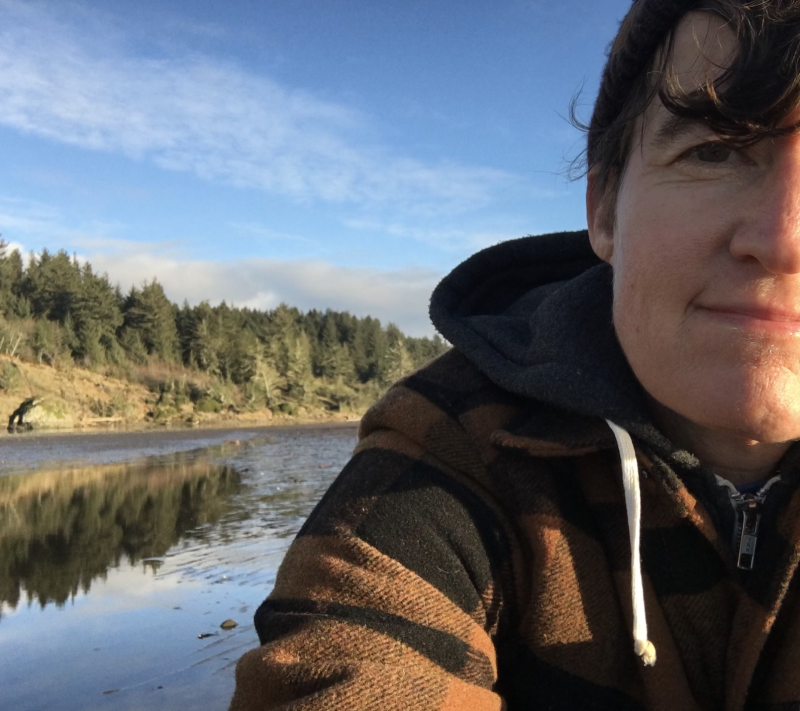So much land was stolen from Indigenous peoples over much of American history that the debt can never be repaid. But Charlie Stephens decided he would do what he could to make amends.
In 2016 my partner and I bought 36 acres of off-the-grid land in an area of the Sierra Foothills covered with pine, madrone, cedar and oak. We were greeted by owls, bats, deer, bobcat, and hawks, and by clear night skies and air that smelled sweeter than what we breathed in our Berkeley neighborhood.
In 1862 under the Homestead Act, Indigenous land was parceled out and sold to white homesteaders for as little as $1.00, in exchange for agreeing to fence in the land and keep Indigenous people off it. About 270 million acres of land was stolen under this policy. Between 1906 and 1910 California’s Rancheria system provided land to Indigenous people not living on reservations but then just as quickly took it away (yet again) as Congress terminated this agreement in 1958. The Williamson Act of 1965—still in existence today—continues to perpetuate these issues.
This winter we will be giving these 36 acres back to the tribes for a symbolic $1. The land will be stewarded for conservation and cultural practices, bringing together elders and youth to harvest traditional plants for ceremonies, to care for the land with each other, and to have “back” what never should have been taken.
The tribal member we are working with said the last time someone offered to return land in this area was when he was three years old, and that it fell through at the last minute, echoing the historical failure of white promises.
Talking with him, I started to imagine the return of Indigenous land as a more common process, that here in California and beyond, donating land might outweigh amassing and protecting personal wealth. Soon this land we have loved will be back in the hands of the people who should have had it all along. I encourage others to consider doing the same even if it requires some financial discomfort or loss. As Martin Luther King, Jr. once said, “The time is always right to do what is right.”
With a Perspective, I’m Charlie J. Stephens.
Charlie Stephens is a writer, educator and bookstore owner.
